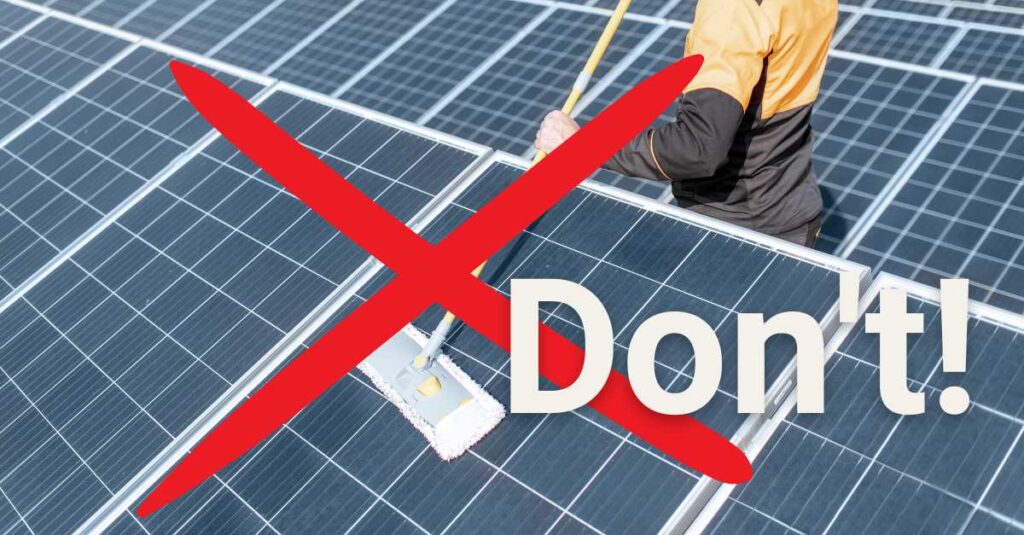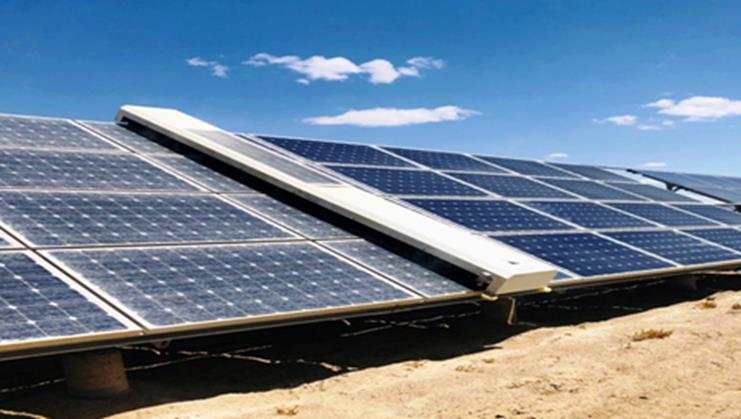Solar Panel Cleaning Guide: Key Situations to Avoid

Based on the search results, here are the key situations when you should avoid cleaning your solar panels.
| Situation to Avoid | Reason |
|---|---|
| Extreme Weather (high winds, heavy rain, thunderstorms, snow) | Safety hazard for the person cleaning; water can lead to ice formation in cold weather. |
| Midday/Peak Sunlight | Panels are hot, leading to rapid evaporation (causing water spots); cold water poses a thermal shock risk; high voltage output increases electrocution risk. |
| Winter (Temperatures Near/Below Freezing) | Water can freeze on the panels, forming ice that blocks light and may cause physical damage or cracks. |
| When Panels are Damaged | Cracked glass or a perforated back sheet poses a serious risk of electric shock. |
Weather and Environmental Considerations
Cleaning during or right before bad weather is ineffective and dangerous. It’s best to wait for clear, calm conditions. Additionally, if the panels are covered by heavy snow, it should be carefully removed to restore power generation, but using water to melt the snow in freezing conditions should be avoided as it will create more ice.
Time of Day Matters
The best times for cleaning are in the early morning, late afternoon, or on overcast days when the sun is weak. This prevents cleaning solutions from drying too quickly and leaving residue, ensures a safer cleaning process with lower electrical output, and avoids the thermal stress caused by spraying cold water on hot panels.
Safety First: Inspect Before Cleaning
Before starting, it’s crucial to check the system’s monitoring for any unusual output that might indicate an electrical fault. Most importantly, never attempt to clean a panel that has broken glass or a damaged back sheet, as this creates a severe risk of electric shock.
A Note on Water and Cold Weather
In winter or any time temperatures are near or below freezing, avoid using water for cleaning altogether. The water will freeze on the panel surface, creating a layer of ice that is difficult to remove and can block sunlight or even cause the glass to crack under pressure. In these conditions, using a soft brush to gently remove dry snow or dust is a safer alternative.
I hope these guidelines help you maintain your solar panels safely and effectively. If you have a specific type of soiling concern, like bird droppings or pollen, I can offer more targeted advice.
